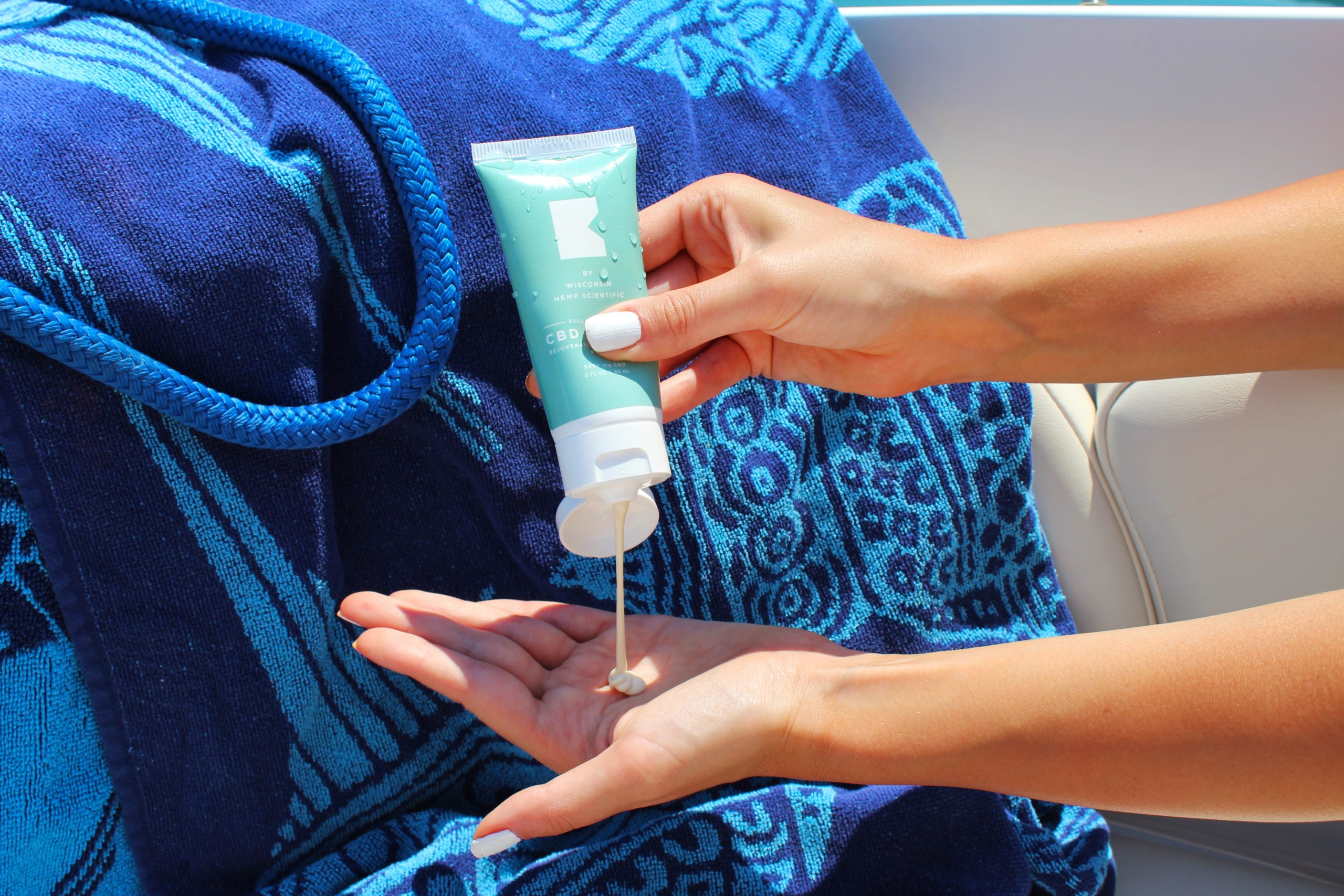
Sunscreen is a cream, spray, gel, foam, stick, tube, or lotion rubbed on to the skin to protect it from the sun. When applied properly, sunscreen protects against sunburn and skin cancer, as well as damages caused by the rays of the sun such as wrinkles, brown spots and bruising. If the skin is left unprotected over some time, the sun’s ultraviolet (UV) light may cause the skin’s elastic fibres to break down, leading the skin to sag, stretch, and lose its elasticity completely.
There’s a popular misconception that people with darker skin tone have an inbuilt SPF. Yes, melanin is present in darker skin and helps block the sun’s rays from penetrating and doing as much damage. However, even the darkest black skin provides only 13 SPF. If you are exposed to enough sun, you’re susceptible to sun-induced damage—such as sunspots and wrinkles—and cancer.
When purchasing sunscreen, finding the perfect formula for your skin can be tricky. Some sunscreens leave the skin feeling greasy, sticky, or clogged or leave an ashy residue. It’s a simple fact that if you don’t like how sunscreen feels, you’re less likely to wear it.
You may feel overwhelmed when trying to choose the right sun protection products, but with these helpful tips, you’ll know what to look for.
Look for a broad-spectrum sunscreen.
Broad-spectrum sunscreen protects your skin from both UVA and UVB rays. This is critical not only in the prevention of skin cancer but also for shielding your face from sun damage and premature ageing.
Consider your skin type
If you have dry skin, choose sunscreen that doubles as a moisturizer. If you have oily or combination skin, go for a sunscreen product that is water-based rather than oil-based since a sunscreen gel is recommended for oily skin. If your skin is sensitive and prone to irritation, stay clear of products with alcohol, preservatives, fragrances, and oxybenzone.
Which is better: sunscreen spray, lotion, stick, or gel?
It doesn’t matter if you choose a spray, lotion, stick or gel, it’s all about how much and how you use it. If you plan to apply sunscreen spray to your face, spray it on your hands then apply.
Water-resistant sunscreens
Wearing water-resistant sunscreen is perfect for sensitive skin and it will also keep you protected while you swim, but you should re-apply afterwards. For the most protection, apply a layer every 40-80 minutes.
Go for an SPF 30 or higher
No matter your skin tone, you should never fail to protect yourself from UV rays by using sunscreen gel with SPF 30 or higher. This is a great sunscreen for oily skin.




